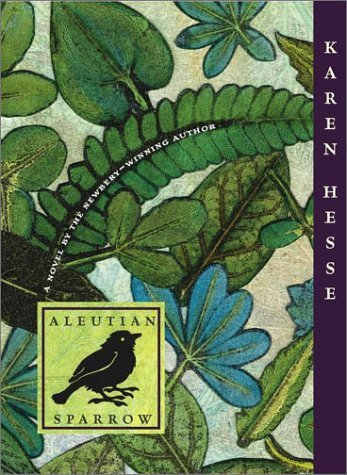What do you think?
Rate this book


156 pages, Hardcover
First published October 1, 2003
There is a group of indigenous people who live in a string of islands where it sits on, according to Wikipedia, both the US and Russian territory, called Aleutian. The story presented by Ms Hesse is something that happened to them during WW2 in 1942-1945. It follows Vera, an Aleutian teenager in the time where hers & 4 other village were relocated into a forest. The reason was to ensure the safety of the people from Japanese attacks.
Just imagine, a group of people that grew up & live their entire life at the shore, with the sea & its creature was 'force' for 'safety' to a dense forest. They had to survive starting from zero knowledge of the environment, without proper facility & prejudice of the neighboring village. There were kind souls who helped but they only could give, they couldn't promise survival. And even after the war ended, they still need to get permission to go back to their own home. What's left of their village was devastating...
"Our very culture stolen or destroyed, not by the enemy, but by our own countrymen."
"WorldwideOur government spends large sums of money to place lives back together.
No money is spent here.
War leaves ugly scars."
The story is a fiction based on a true events. Told in verses makes it a quick read. I was surprised that this book has not win any award at all with the message that it trying to tell.